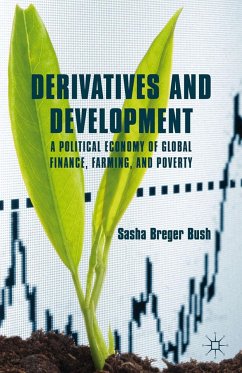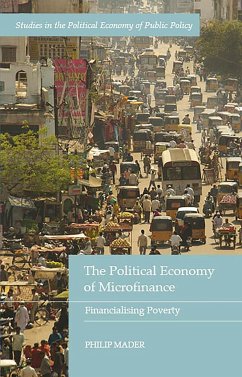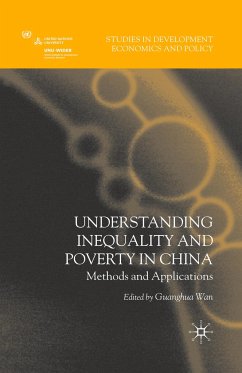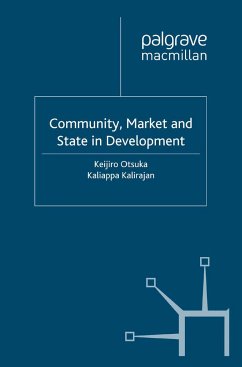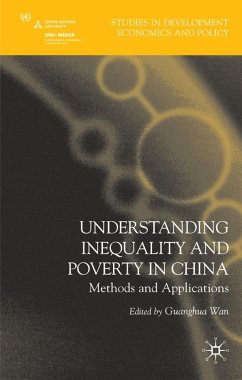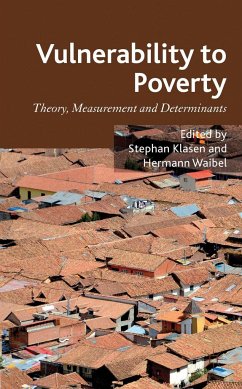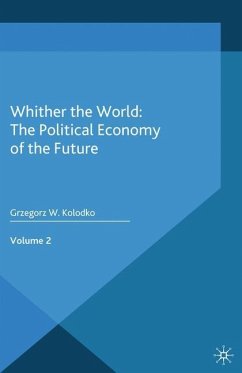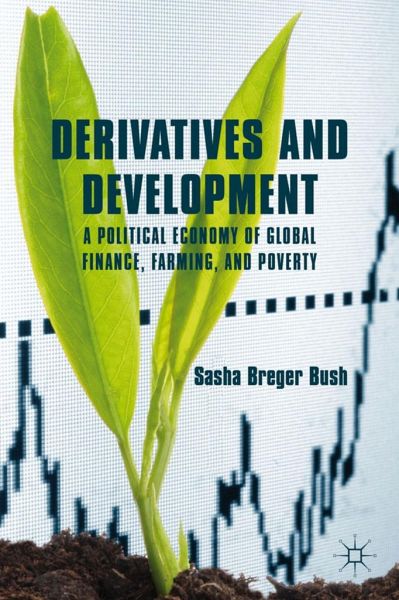
Derivatives and Development
A Political Economy of Global Finance, Farming, and Poverty
Versandkostenfrei!
Versandfertig in 6-10 Tagen
38,99 €
inkl. MwSt.
Weitere Ausgaben:

PAYBACK Punkte
19 °P sammeln!
Breger Bush argues that derivatives markets work in the development context as engines of inequality and instability, aggravating poverty among those they are purported to help and highlighting some of the dangers of neoliberal globalization for the poor.





